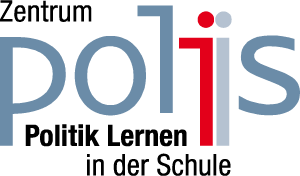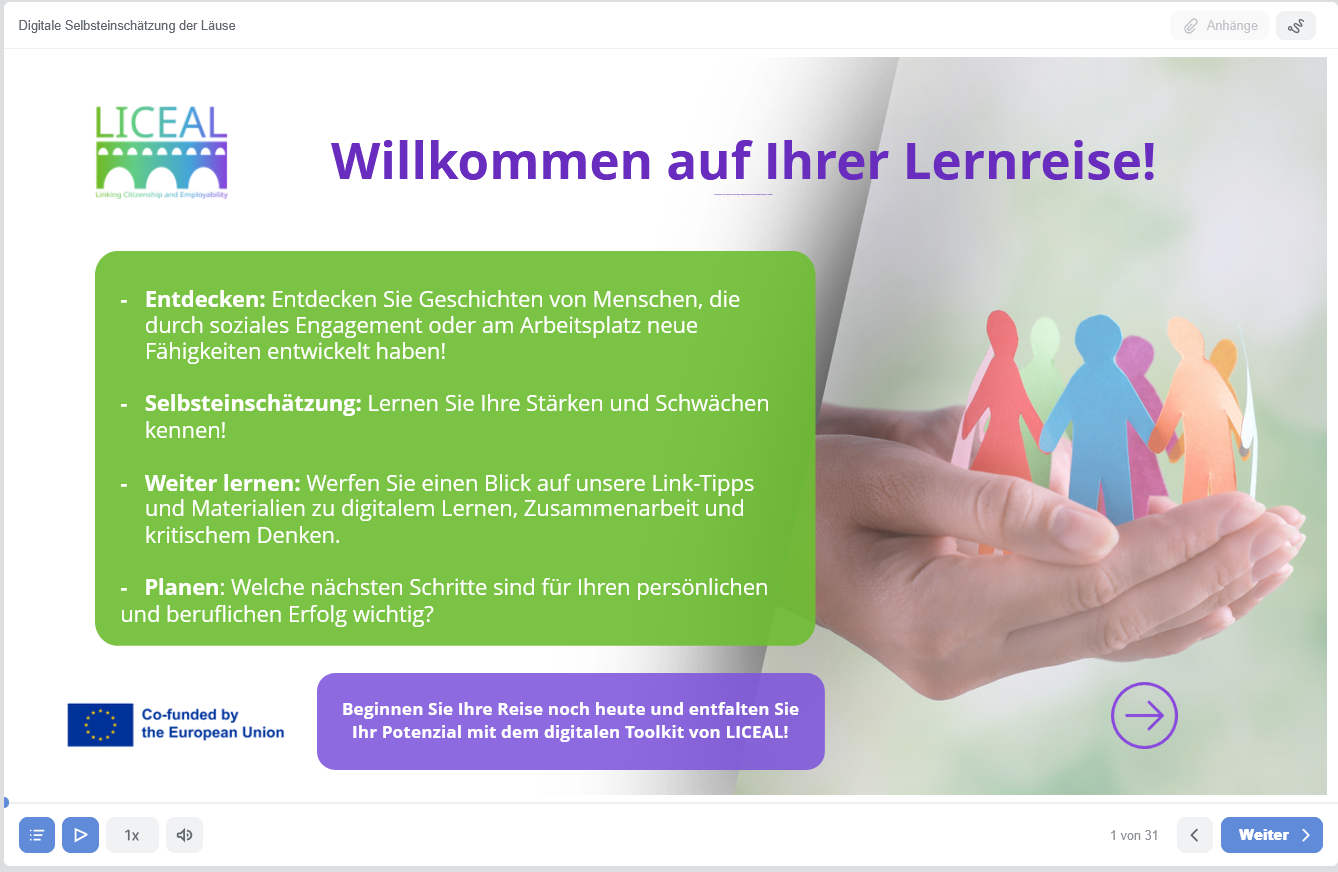LICEAL (2022-2025)
Linking Citizenship and Employability Perspectives in Adult Learning (LICEAL)
LICEAL aims to support adult learners, particularly those who face difficulties in the labour market and social marginalisation, to develop social, civic and relational skills which may contribute to their social inclusion and active participation in democratic life as well as to their employability.
The project is developing its activities, in line with the recent work of the European Commission's Joint Research Centre (JRC) on Life Skills, under the assumption that transversal competences – such as cooperation, teamwork, negotiation, initiative and creativity, self-regulation and respect for social norms – are of paramount importance.
Goals
- Developing the capacity of learners, adequately supported by educators, to self-assess and undertake learning and personal development projects contributing to social inclusion and employability is the key strategic project objective.
- Encouraging civic engagement and participation is part of the project picture, following recent policy documents to develop social and relational skills together with more classic employability skills, specialised or transversal.
- By not only focusing on classic training for reskilling and up-skilling in professional terms, we explore synergies between Education for Democratic Citizenship/Human Rights Education and vocational learning, recognizing that also “solid basic skills, digital, transversal, green and other life skills which provide strong foundations for resilience, lifelong learning, lifelong employability, social inclusion, active citizenship and personal development” (EU Council Recommendation on Vocational Education and Training for sustainable competitiveness, social fairness and resilience).
Target groups
Adult learners are the most important reference target groups for the project, but strengthening the competences of adult learning educators is the key contribution that the project will develop.
Outcomes
Through a participatory learning and quality development process, the project will help educators and adult learning organisations face the challenges of rapidly changing labour market and socio-economic conditions in their local contexts. The project outcomes so far include:
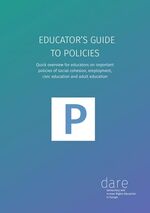
Educator’s Guide to Policies
Quick overview for educators on important policies of social cohesion, employment, civic education and adult education (2025).
Publisher: DARE – Democracy and Human Rights Education in Europe vzw., Brussels 2024.
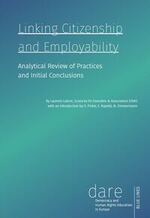
Labrot, L.; Pirker, G. (2024). Linking Citizenship and Employability. Analytical Review of Practices and Initial Conclusions. DARE Blue Lines, Democracy and Human Rights Education in Europe (DARE network), Bruxelles. 76 pages.
The publication presents and analyses examples of good practice. The results form the basis for the tools that are being developed in the project.
https://dare-network.eu/blue-lines-linking-citizenship-and-employability/
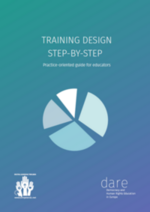 Zimmermann, N. (2024). Training Design Step-by-Step. Practice oriented guide for educators. DARE – Democracy and Human Rights Education in Europe, Bruxelles. In Cooperation with Competendo. 14 pages.
Zimmermann, N. (2024). Training Design Step-by-Step. Practice oriented guide for educators. DARE – Democracy and Human Rights Education in Europe, Bruxelles. In Cooperation with Competendo. 14 pages.
The guide supports educators in designing competence-orientated learning processes - with a focus on overarching competences that are important in many areas of life and social roles.
https://competendo.net/en/Training_Design_Step-by-Step
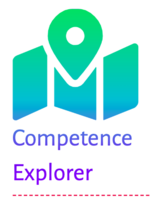 Competence Explorer: The Explorer compares different reference frameworks that deal with transversal competences and gives educators a rough insight into these frameworks. You can use it to check which competences would be particularly relevant for your own work or which competences you would like to work on yourself or with your learners. In addition, the explorer shows how the individual reference frameworks consider overarching competences.
Competence Explorer: The Explorer compares different reference frameworks that deal with transversal competences and gives educators a rough insight into these frameworks. You can use it to check which competences would be particularly relevant for your own work or which competences you would like to work on yourself or with your learners. In addition, the explorer shows how the individual reference frameworks consider overarching competences.
https://competendo.net/en/Competence_Explorer
Toolkit and self-assessment tool
Toolkit for supported integrated (civic education and employability) learning.
To use the toolkit you must create an account, then select “LICEAL” and your desired language.
Some of the products are still in the test phase and are being improved constantly.
Future outcomes:
- Policy Recommendations
